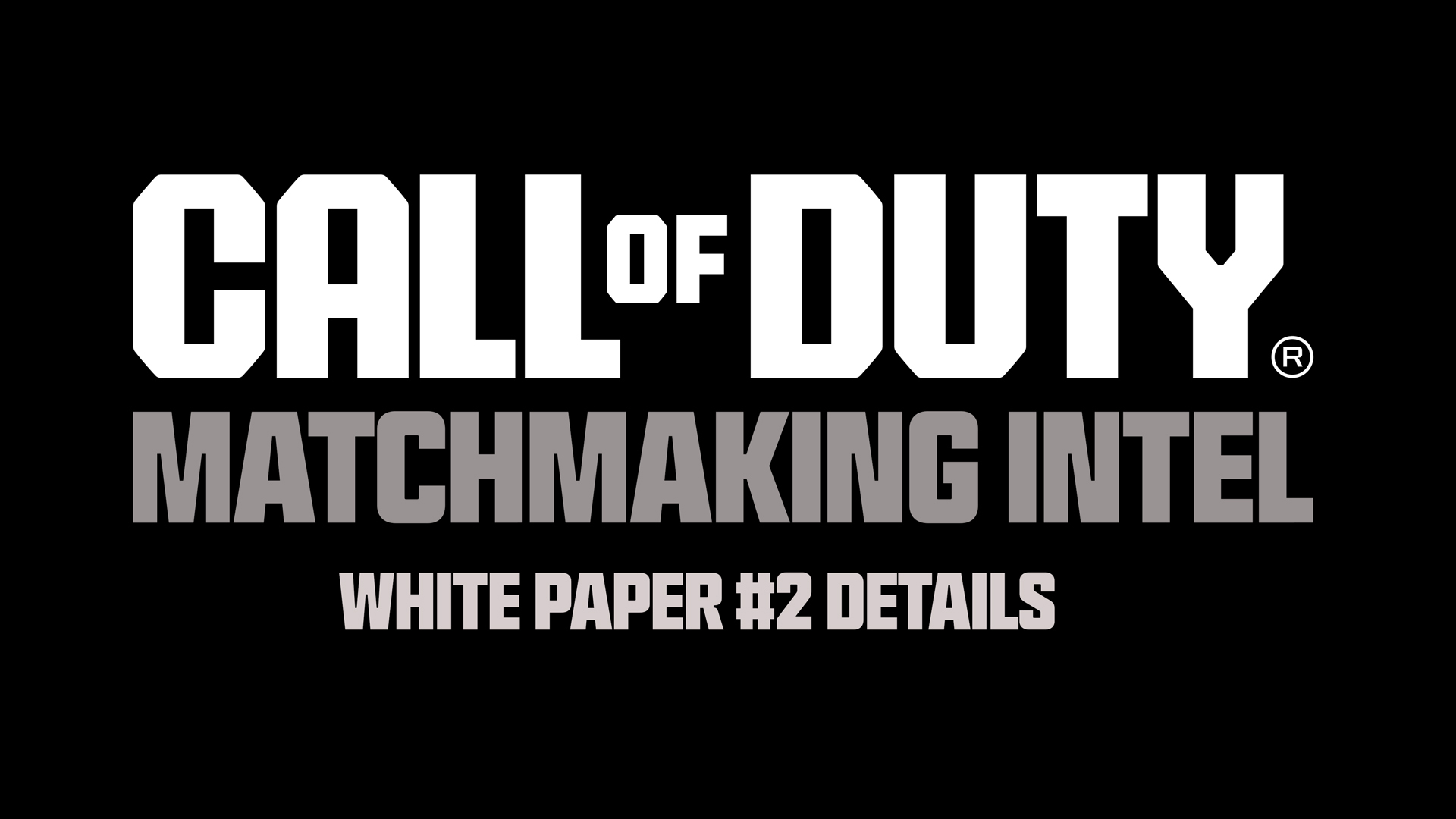Activision has recently published a detailed 25-page white paper exploring the intricate effects of skill-based matchmaking (SBMM) on its multiplayer lobbies. This in-depth report concludes that SBMM significantly enhances the gaming experience for all players, regardless of their skill levels. Here, we delve into the key findings and implications of this groundbreaking study.
The paper is 25-page long, but Activision recently posted the summary of the detailed paper in their website.
What is SBMM?
In an eye-opening white paper, Activision has examined the role of SBMM within its popular multiplayer games, specifically focusing on the Call of Duty series. The study aimed to assess the impact of SBMM on player retention, satisfaction, and overall gameplay experience. The findings, highlighted by indie game developer and consultant Rami Ismail, provide a comprehensive understanding of why SBMM is crucial for maintaining a balanced and enjoyable gaming environment.
The A/B Test: Turning Off SBMM
One of the most compelling aspects of Activision’s research is the “amazing A/B test” they conducted. In this experiment, SBMM was progressively turned off in certain lobbies to observe the effects on player behavior and retention. The results were stark and telling: without SBMM, there was a noticeable increase in player dissatisfaction, with more quitting, less playing, and a higher incidence of negative blowout matches. These outcomes underscore the importance of SBMM in maintaining a healthy and engaged player base.
The Purpose of SBMM in Multiplayer Games
The primary goal of SBMM is to ensure that matches are balanced and competitive. This is crucial for keeping players engaged and motivated. When matches are fair, players are more likely to enjoy their gaming experience, leading to increased retention and longer play sessions. Activision’s white paper emphasizes that while skill is an important factor in matchmaking, it is not the sole determinant. The system also considers other variables to create the most balanced matches possible.
Another key finding from the white paper is that playing against significantly better opponents does not necessarily improve a player’s skills. Instead, it often leads to frustration and discouragement. Players who are consistently outperformed are more likely to quit matches prematurely or stop playing altogether. By contrast, SBMM helps to create matches where players feel they can contribute meaningfully to their team’s success, fostering a more positive and rewarding gaming experience.
Activision also explored the possibility of creating a core multiplayer playlist that does not use skill as a matchmaking factor. However, their research indicates that such a playlist would likely be unpopular among low- and mid-skill players, leading to matches dominated by high-skill players. This imbalance would ultimately detract from the overall player experience, reinforcing the need for SBMM to ensure that all players, regardless of skill level, can enjoy the game.

